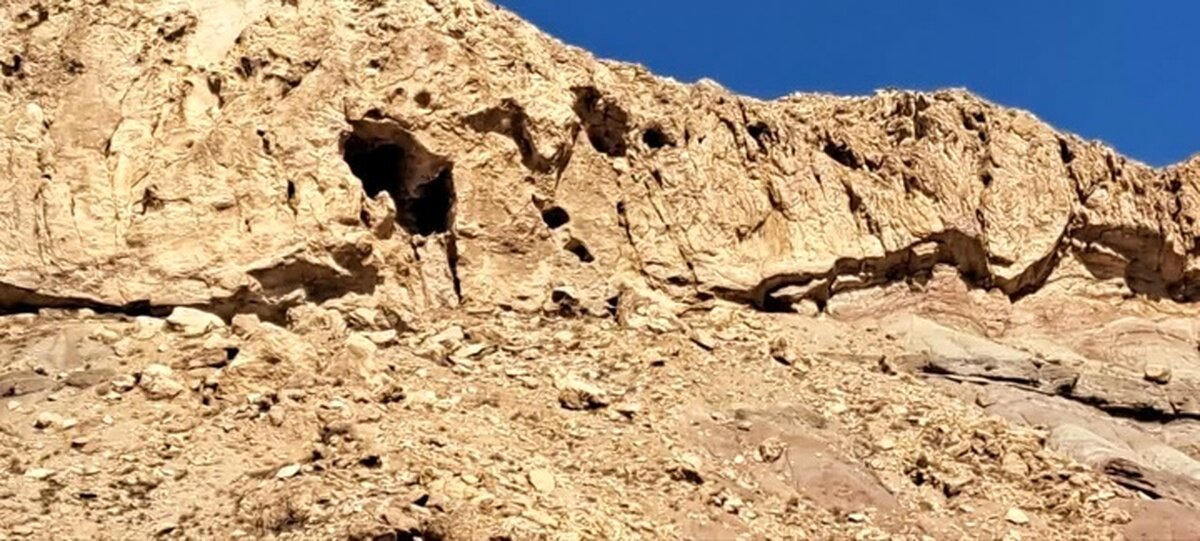Leather inscriptions dating from Sassanid era discovered in cave

TEHRAN – An archaeological dig conducted in a central Iranian cave has yielded inscriptions carved on leather pieces estimated to date from the Sassanid era (224 CE–651).
In addition to leather inscriptions that bear the Pahlavi script, other objects such as raw bricks, pottery fragments, and pieces of cloth have been discovered in this season of the excavation, a local official said.
The cave in which the relics have been discovered had the role of shelter and storage of valuable objects at the beginning of the arrival of Islam in Iran, the official explained.
The cave is located in the highlands of Delijan county in Markazi province.
The Sassanid epoch is of very high importance in the history of Iran. Under the mighty empire, Persian art and architecture experienced a general renaissance. Architecture often took grandiose proportions, such as palaces at Ctesiphon, Firuzabad, and Sarvestan, which are amongst the highlights of the ensemble. Meanwhile, crafts such as metalwork and gem engraving grew highly sophisticated, yet scholarship was encouraged by the state. In those years, works from both the East and West were translated into Pahlavi, the language of the Sassanians.
In 2018, UNESCO added an ensemble of Sassanian historical cities in southern Iran — titled “Sassanid Archaeological Landscape of Fars Region”-- to its World Heritage list.
AFM
